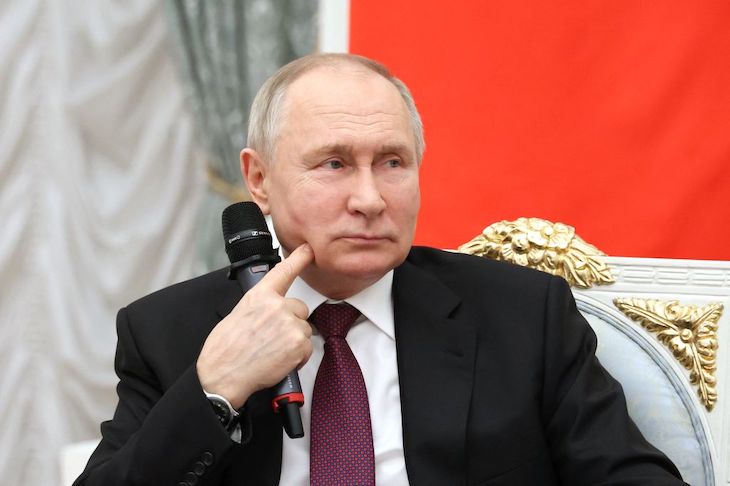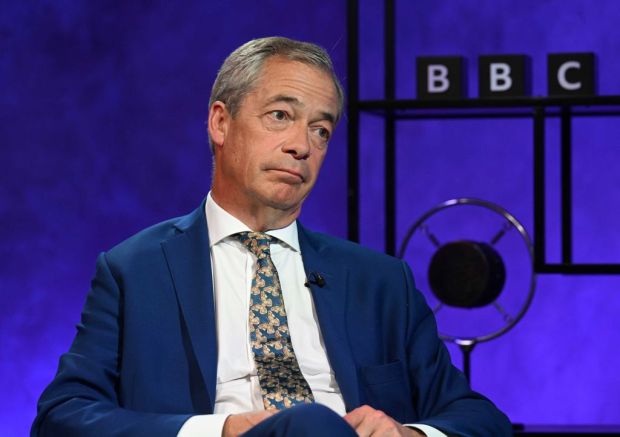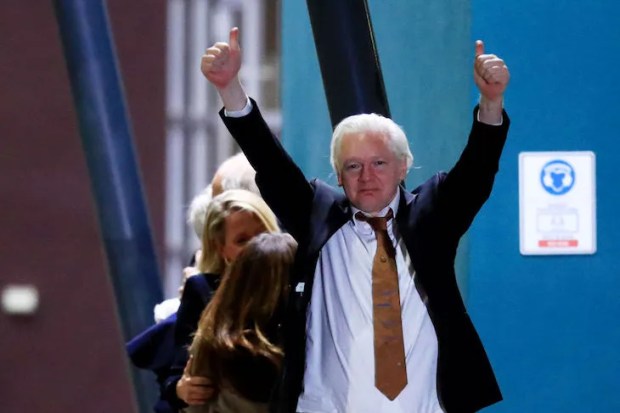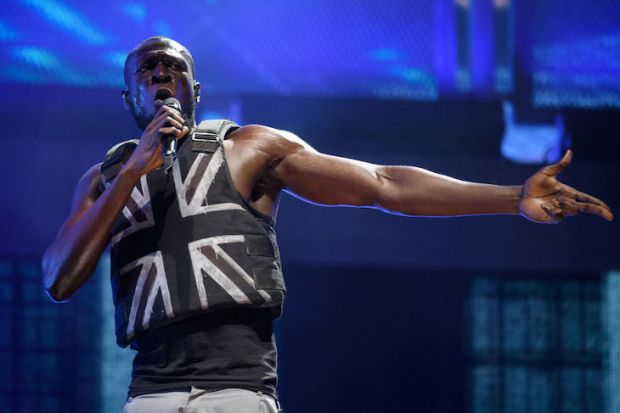With Vladimir Putin’s invasion of Ukraine well into its attritional phase, Western aid to Kyiv seems to be drying up. No clear strategy at all, it seems, has been found for dealing with the Russian leader. Some hope internal divisions at the Kremlin will lead to a collapse, others that an anti-Ceausescu-style uprising – as in Romania in 1989, culminating in the leader’s brutal execution by his people – will miraculously give the coup de grace to the president’s ambitions.
Already a subscriber? Log in
Subscribe for just $2 a week
Try a month of The Spectator Australia absolutely free and without commitment. Not only that but – if you choose to continue – you’ll pay just $2 a week for your first year.
- Unlimited access to spectator.com.au and app
- The weekly edition on the Spectator Australia app
- Spectator podcasts and newsletters
- Full access to spectator.co.uk
Or




















Comments
Don't miss out
Join the conversation with other Spectator Australia readers. Subscribe to leave a comment.
SUBSCRIBEAlready a subscriber? Log in